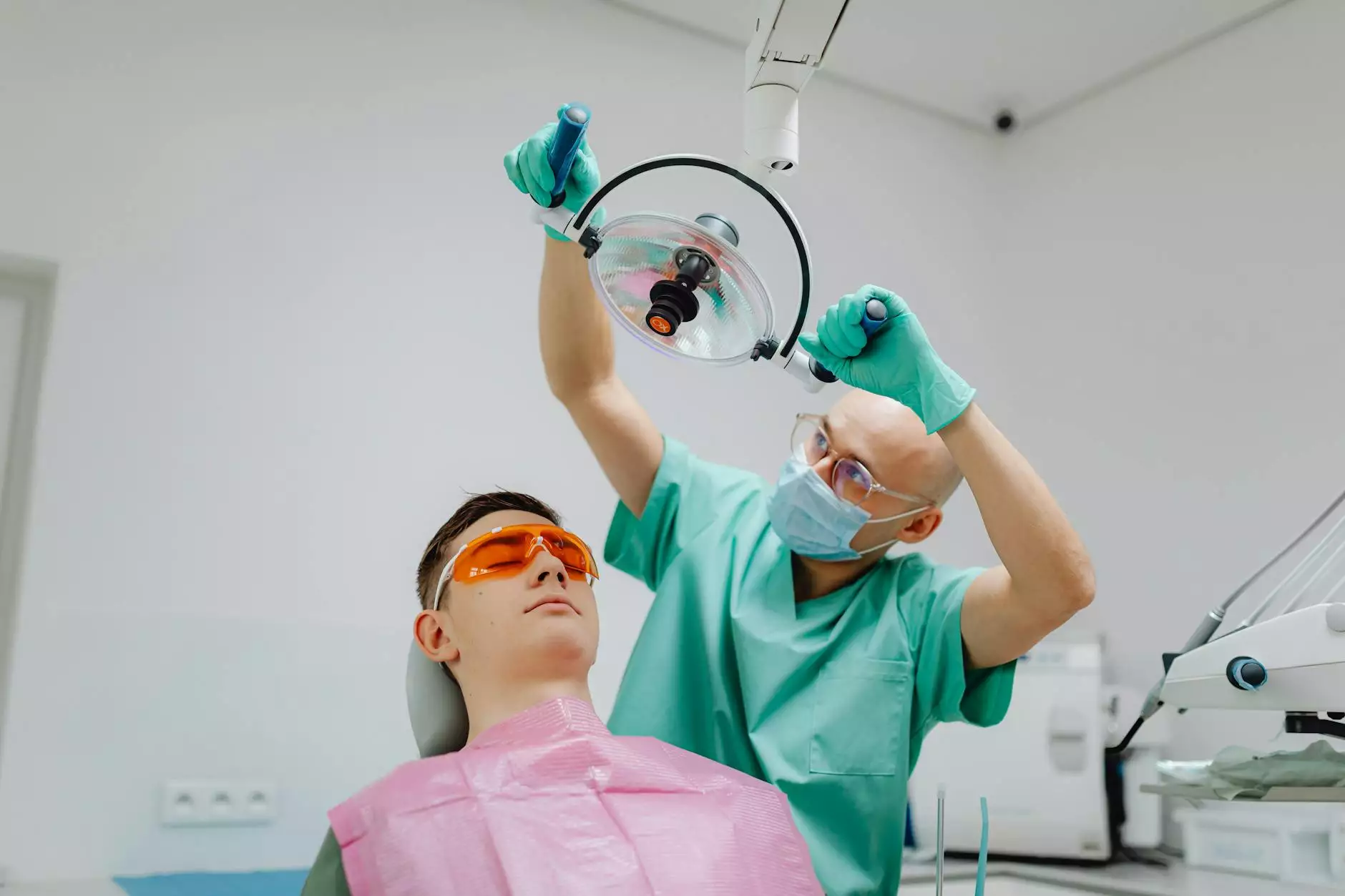Understanding the Role of a Lung Specialist

Lung specialists, also known as pulmonologists, play a crucial role in diagnosing, treating, and managing diseases related to the lungs and respiratory system. Their expertise is invaluable for patients suffering from a wide array of conditions that can affect the quality of life and, in severe cases, can be life-threatening. This article delves deep into the importance of consulting a lung specialist, the conditions they treat, and the services they offer, particularly for individuals in need of expert care in respiratory health.
Why You Should See a Lung Specialist
It is essential to understand when to seek the care of a lung specialist. Below are some indicators that you might need to consult a pulmonologist:
- Chronic Coughing: If you’ve been experiencing a persistent cough that lasts for weeks, it’s time to get it checked.
- Shortness of Breath: Difficulty in breathing, especially if it occurs during simple activities, could signal a serious issue.
- Wheezing: Frequent wheezing or whistling sounds when breathing can indicate airway obstruction.
- Frequent Respiratory Infections: If you suffer from recurrent pneumonia or bronchitis, a lung specialist can help diagnose the root cause.
- Smoking History: Smokers or former smokers should regularly consult a lung specialist for screening and prevention.
Common Conditions Treated by Lung Specialists
Lung specialists are trained to handle a range of conditions related to the respiratory system. Here are some of the most common ailments they address:
1. Asthma
Asthma is a chronic condition characterized by airway inflammation and constriction. A lung specialist can help manage asthma through tailored treatment plans that include medications and lifestyle changes.
2. Chronic Obstructive Pulmonary Disease (COPD)
COPD is an umbrella term for several lung conditions, including emphysema and chronic bronchitis. These conditions impede airflow and can cause significant health issues. Treatment from a lung specialist is critical for managing symptoms and improving the quality of life.
3. Lung Cancer
Lung cancer is one of the leading causes of cancer-related deaths worldwide. Early detection and intervention by a lung specialist can significantly improve treatment outcomes.
4. Interstitial Lung Disease
This group of diseases involves inflammation and scarring of the lung tissue. A pulmonologist can identify specific types of interstitial lung disease and recommend appropriate therapy.
5. Sleep Apnea
Sleep apnea significantly impacts overall health and can lead to severe complications if left untreated. Lung specialists can conduct sleep studies and recommend treatments to improve sleep quality.
The Importance of Preventive Care in Lung Health
A lung specialist's expertise extends beyond treatment; they emphasize the importance of preventive measures to maintain optimal lung health. Here are a few preventive strategies:
- Regular Screenings: Early detection of lung diseases is key. A lung specialist can recommend imaging tests and lung function tests to monitor your lung health.
- Smoking Cessation Programs: For smokers or those with a history of smoking, lung specialists can provide support and resources to help quit smoking effectively.
- Vaccinations: Vaccines for influenza and pneumonia can significantly reduce the risk of respiratory infections. A lung specialist can advise on the necessary vaccinations.
Advanced Diagnostic Tools Used by Lung Specialists
Lung specialists utilize various advanced diagnostic tools to ascertain lung health and diagnose conditions accurately. Some of these include:
1. Pulmonary Function Tests (PFTs)
PFTs measure how well your lungs work. These tests assess lung volume, capacity, rates of flow, and gas exchange to diagnose conditions such as asthma and COPD.
2. Imaging Studies
High-resolution CT scans and chest X-rays help visualize lung structures and identify abnormalities such as tumors or infections.
3. Bronchoscopy
This minimally invasive procedure allows specialists to view the airways and collect samples for diagnosis. It’s particularly useful in suspected lung cancer cases.
How to Choose the Right Lung Specialist
Finding the right lung specialist is essential for receiving top-notch care. Here are some tips to help you choose:
- Check Credentials: Ensure that the specialist is board-certified in pulmonology.
- Experience: Look for a specialist with experience in treating your specific lung condition.
- Patient Reviews: Reading testimonials and reviews can provide insight into the specialist's approach to patient care.
- Consultation: Schedule an initial consultation to discuss your concerns, evaluate the specialist's communication style, and assess your comfort level.
Conclusion: Prioritize Your Lung Health with Expert Care
Your lungs are essential for your overall well-being, and seeking the care of a lung specialist is a pivotal step towards ensuring optimal lung health. Whether you are experiencing symptoms of respiratory disorders or are looking for preventive measures, the expertise of a pulmonologist is invaluable. At Hello Physio, our team understands the importance of comprehensive health care, combining services in physical therapy, sports medicine, and health & medical expertise to address all your needs.
Don't hesitate to reach out to us for more information on how our lung specialists can assist you in achieving better respiratory health. Optimize your quality of life today by prioritizing your lung health with skilled professionals who truly care.









